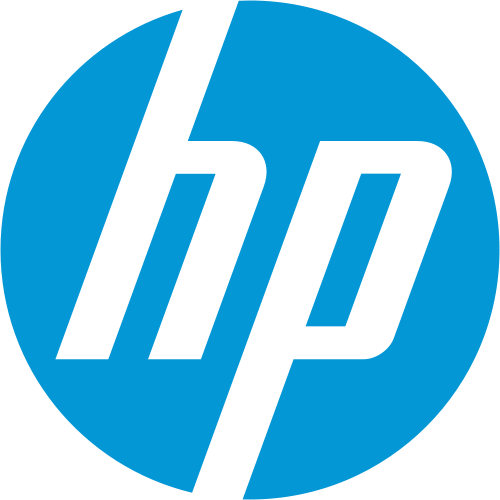Two humiliated members of the board of Hewlett-Packard Co. (NYSE: HPQ) left and Chairman Ray Lane stepped down but will remain on the board. These actions address legacy issues, but they are hardly the main event at HP. The company faces one of the most difficult turnarounds in recent U.S. corporate history under CEO Meg Whitman. The board events are a sideshow. The success of the turnaround is essential. Source: courtesy of Hewlett-Packard
Source: courtesy of Hewlett-Packard
John H. Hammergren and G. Kennedy Thompson will leave the board. That means that nine directors will keep their seats. Venture capitalist Marc L. Andreessen and Rajiv L. Gupta have been on the board since 2009, which means they have sat through a period when HP changed CEOs three times and the company nearly imploded. The small turnover can hardly be called a changing of the guard.
Governance is not at the center of HP’s future. The battering of its PC and printer businesses by a shift in the way consumers and corporations use technology is. Also core to HP’s trouble is its failure in corporate IT services. And legal and accounting issues brought on by the botched buyout of Autonomy will preoccupy executives for months, perhaps years, as the firm tries to repair a situation that caused it to write off $8.8 billion.
Investors do not have to go far to see why HP’s shares are down more than 45% in two years, despite a recent rally. In the most recently reported quarter, revenue fell to $28.4 billion from $30 billion in the same period a year earlier. Revenues at its decades old PC and printer businesses, created in part by the controversial buyout of Compaq in 2002, dropped sharply in the quarter. In the PC division, revenue fell to $8.2 billion from $8.9 billion a year ago. Printer revenue was $6 billion, off from $6.3 billion. The PC division barely broke even.
HP has no solution to its PC and printer problems, as shown by recent forecasts Dell Inc. (NASDAQ: DELL) made as part of the buyout battle at that company. The relentless move to paperless communications, smartphones and tablets has passed by HP and Dell. As the transformation of these industries has occurred, these challenges have proved to be certain. And companies in these sectors that fall behind never catch up again.
HP is left to fall back on its enterprise server, storage, software and IT consulting businesses. However, these are not growing either. Each competes with much more successful initiatives from rivals, such as International Business Machines Corp. (NYSE: IBM) and Oracle Corp. (NASDAQ: ORCL).
HP most likely is doomed as a standalone company, and modest changes to its board mean nothing in that critical context.
Sponsored: Attention Savvy Investors: Speak to 3 Financial Experts – FREE
Ever wanted an extra set of eyes on an investment you’re considering? Now you can speak with up to 3 financial experts in your area for FREE. By simply
clicking here you can begin to match with financial professionals who can help guide you through the financial decisions you’re making. And the best part? The first conversation with them is free.
Click here to match with up to 3 financial pros who would be excited to help you make financial decisions.
Thank you for reading! Have some feedback for us?
Contact the 24/7 Wall St. editorial team.



